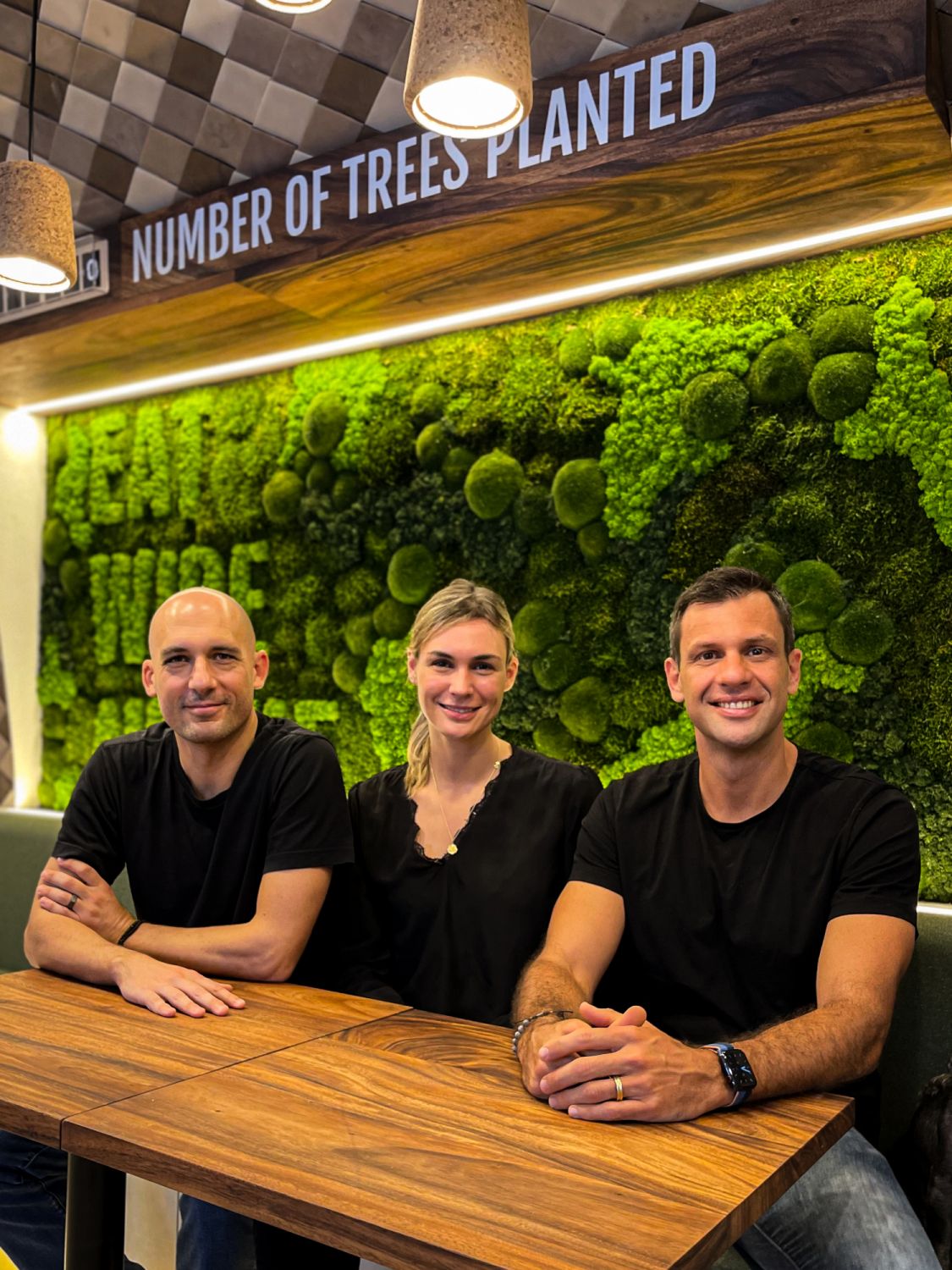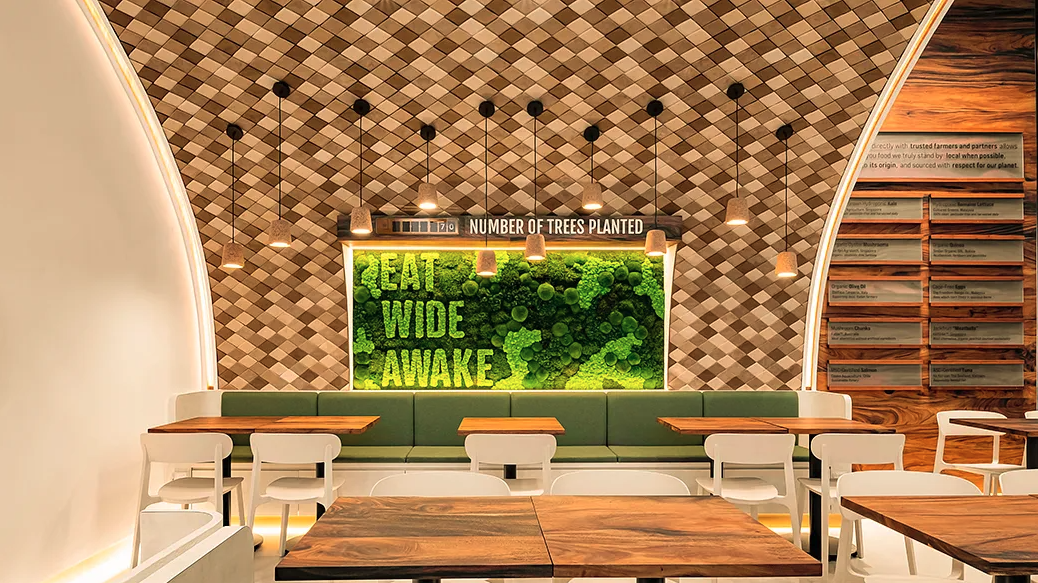Adrien Desbaillets of healthy food chain SaladStop! Group discusses how the company plans to achieve carbon neutrality by the year 2030
From Amazon to Nestlé, more and more companies are pledging to help fight climate change by reducing their greenhouse gas emissions. One of the most common ways they’re doing so is by buying carbon credits, which are used to offset the emissions that they are unable to get rid of through other methods.
One carbon credit represents an emission reduction of 1 metric tonne of carbon dioxide. The goal of carbon offsets is to reduce a portion—if not all—of a company’s carbon footprint; to achieve near or fully net-zero status.
The revenue generated from purchasing these carbon offsets is often used to invest in environmental projects globally, which may involve developing clean energy technologies, planting trees or removing plastic waste from the environment.
The billion-dollar carbon offsets industry, however, has its limits, with critics arguing that it doesn’t address the root cause of climate change.
In the case of SaladStop! Group, a Singapore-started healthy food chain that runs 69 outlets across 11 cities worldwide, carbon offsets play only a small role in its mission to become carbon neutral by the year 2030.
Read more: SaladStop! Group Launches First Net Zero F&B Store

In June 2022, the company launched its first-ever net-zero store at CapitaSpring in Singapore. Its aim is for all of its existing and new stores in the country and worldwide to be carbon neutral.
“As a business, we always try to push the boundaries,” says Adrien Desbaillets, who started SaladStop! in 2009 with his father Daniel. “When we first started, we wanted to serve healthy food in a different format at a more affordable price point. Now, we’re challenging the definition of net zero. We’re saying it’s not good enough to say you want to offset. We’ve got to do more than that.”
Desbaillets shares that SaladStop!’s net-zero journey began two years ago when the company decided to assess the carbon footprint of its supply chain.
“We were already sourcing a lot locally and regionally, about 80 percent of our ingredients in fact. Our customers also have the option to offset the footprint of their food through our app. All this then led to the conversation about the [impact of the] rest of our business, including our construction, which is something we didn’t know much about at the time.”
Desbaillets is referring to embodied carbon, which is the emissions associated with the construction of a place, building or infrastructure throughout its entire life cycle, from the building materials to the construction practices used.
To understand its embodied and operational carbon footprint, SaladStop! brought in climate-tech company Unravel Carbon to conduct a comprehensive assessment.
Read more: Climate Tech Startup Unravel Carbon Raises US$7.38m In Seed Funding

